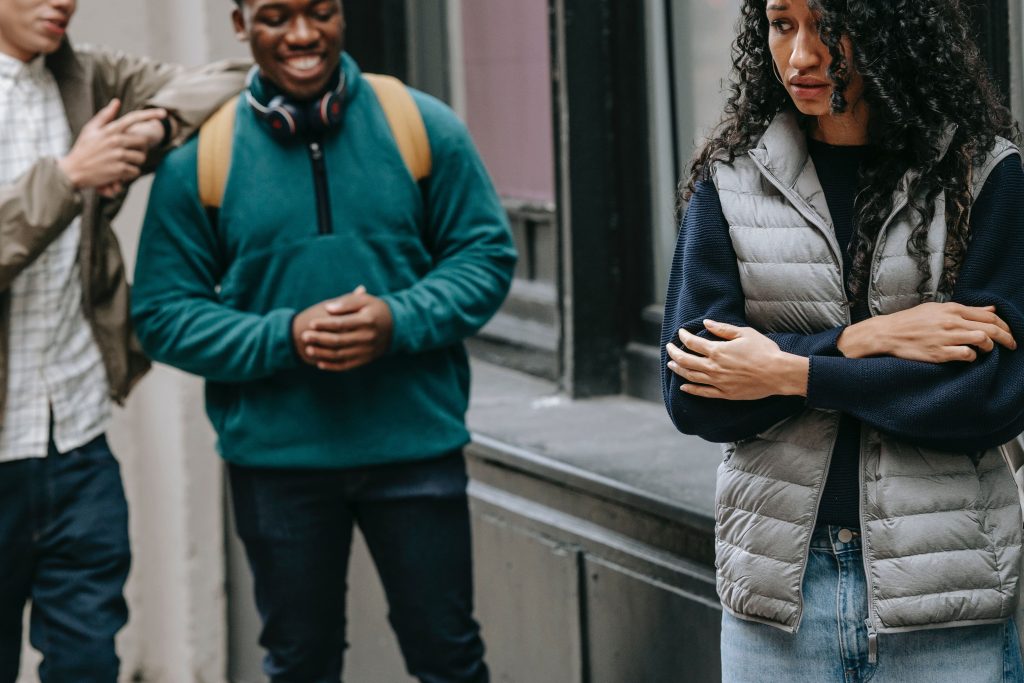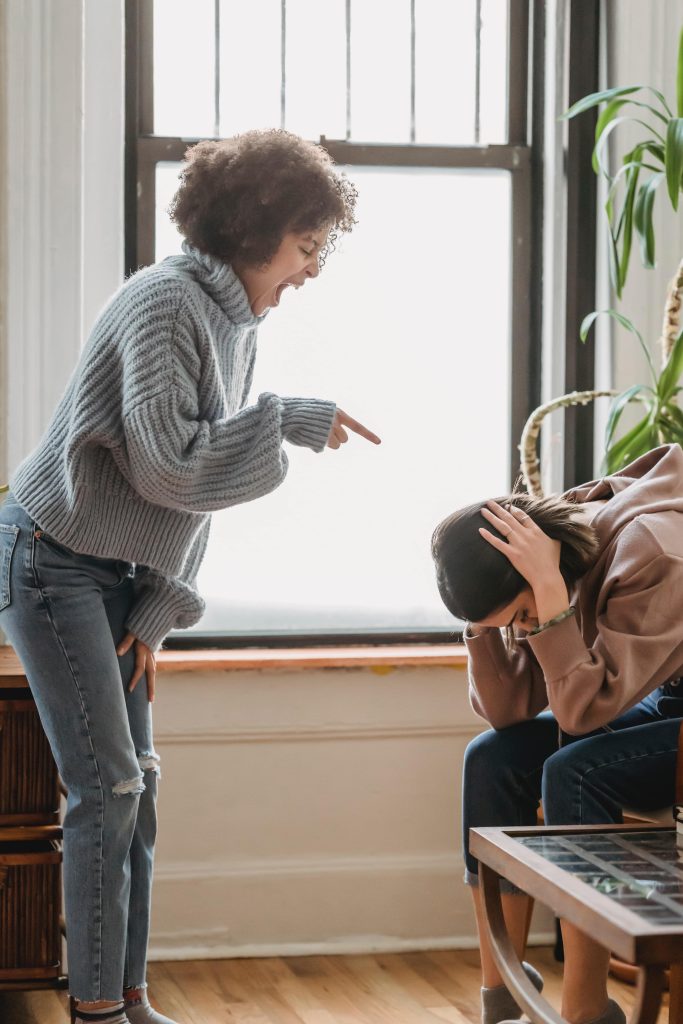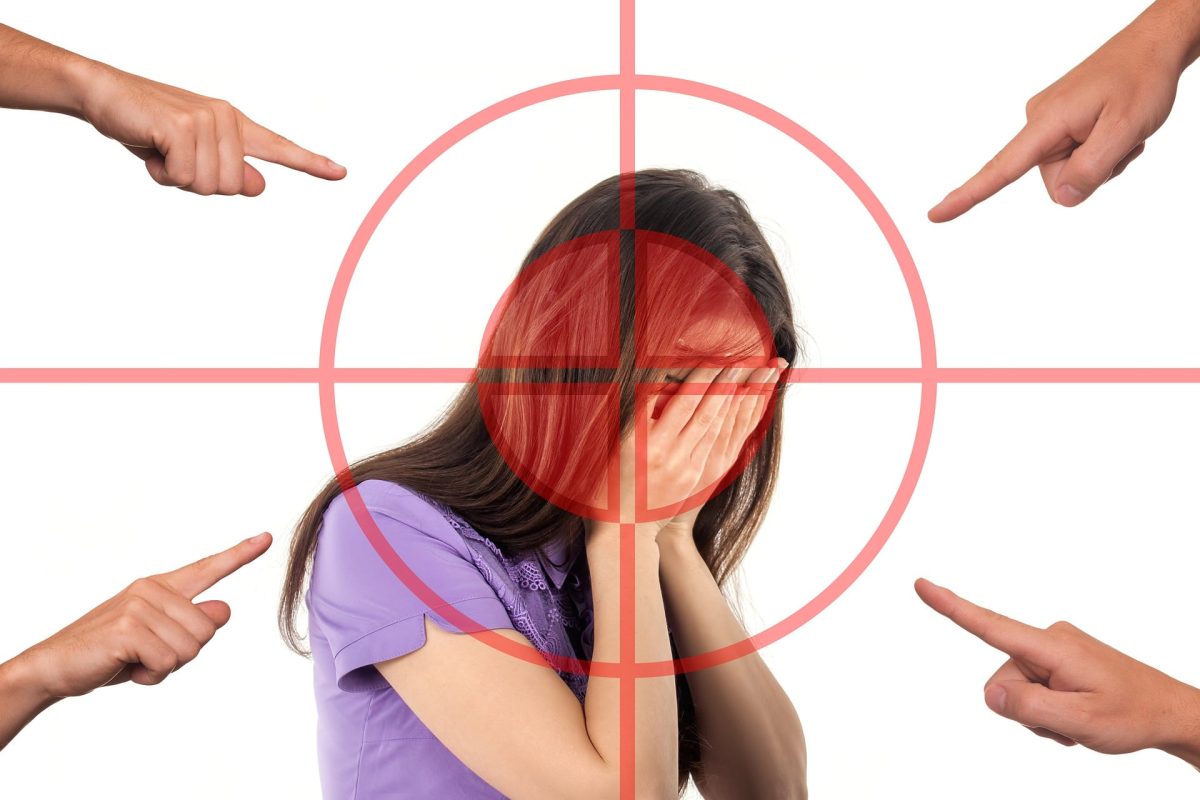Resolving uncomfortable emotions in addiction recovery
Shame and inadequacy become part of an addict’s personality. It also affects the family members of a dysfunctional family. Recovery means recognising such emotions and resolving them to feel wholesome again.

Self-esteem in Relationships
There is an intimate relationship between pride, love and self-esteem – anything which affects one will impact the others. We cheer the victors in a contest and hoist them on our shoulders to show our love for them. Whenever we suffer a defeat, with all its potential for losing self-esteem, we experience both inadequacy and shame, making us feel unlovable.
Everybody knows that we should avoid false flattery – we are vulnerable to those who manipulate us by the shoddy trick of making us feel loved and respected so we will treat them better. What is not as well recognized is that it is just as cruel to manipulate people by unleashing the shame weapon.
Those who love us, or those to whom we are important, look to us to confirm their self-esteem. Generally, when we are in a good mood, we are happy to make those around us happy. But when we are in a bad mood or have suffered a defeat in the game of life and are in the shadow of a shortcoming we cannot bear to face, it is more difficult for us to make anybody happy.
At such moments, having just failed, we may doubt our ability ever to succeed again, and we may not be able to raise our self-esteem. The moment of inadequacy and shame has reduced us relative to those around us. In reaction, we tend to last out at others, especially those closest to us and most dependent on us, to reduce their self-esteem so that we do not feel a gulf between them and us.
In this sense, making somebody miserable gives us a rush of power, which begins to undo our feeling of inadequacy. Unfortunately, we are using shame as a weapon.
This sort of reaction, especially if it is repeated often, erodes relationships, leading to further feelings of guilt, shame, inadequacy and hurt. It becomes a destructive cycle.
In arguments, people tend to accuse each other of having done something awful, which produces emotions of guilt and hurt. They brand the other as something terrible, thus creating anger and embarrassment. The accused can usually deny the blame but can only escape the feeling of inadequacy by causing an equal amount of shame in the other. Thus, family arguments typically result in the loser hiding, whether in the privacy of one’s room, by “going home to mother,” or by drowning the uncomfortable emotions in drink, food, drugs, or sex.
Interviews with adult children of unhealthy families reveal such families have an increased tendency to use embarrassment as the most prominent weapon. Children of abusive parents almost universally shudder when they talk about how their parents shamed them. Frequently they describe the terrible sense of inadequacy and shame which haunted them, for it mainly from our parents that we derive our sense of self.

The Reawakened Self
It is only through the lessons of a recovery program such as the Twelve Steps that we can learn to face ourselves, deal with the guilt we feel for what we have done to others, and recognize our natural and human inadequacies. The more we study and learn, the more there is to know.
Sometimes it may seem a painful experience to deal with the reawakened sense of shame and guilt which accompany our journey toward wholeness. A therapist or sponsor is perhaps the best partner in our progress in addiction recovery.
And we must never lose sight of the guiding principles of our recovery program. Through our association with others, we have gained the strength to recover. This relationship with a group or therapist is essential for true recovery, for we live in the world, not remote and isolated from it.
In our journey with fellow travellers in addiction recovery, we realize that we are not inadequate compared to others, not that we are superior or inferior, but that we are human.

If you or a loved one is struggling with addiction, call Freephone 0800 140 4044
Freephone: 0800 140 4044
Local rate: 0300 330 3040
Contact us here to find out more



